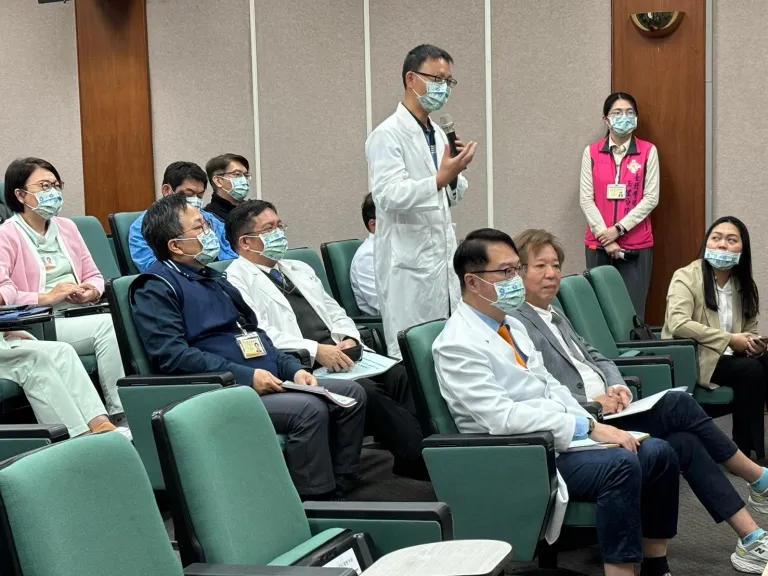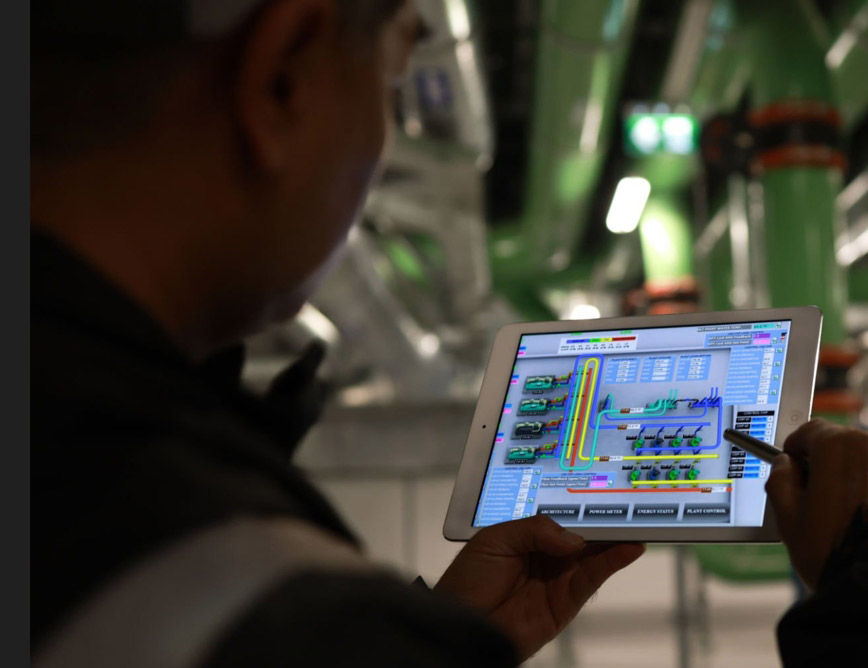ESG Summit @ Taipei Veteran's Hospital, Yuli Branch
- Shaun Bettinson
- Mar 18, 2024
- 2 min read

Forum: Opportunities and Development of Smart Healthcare
The healthcare industry is energy-intensive, with hospitals consuming significant amounts of electricity. According to the 2020 analysis of major energy users in domestic hospitals, the top three electricity consumption categories are air conditioning systems (58%), lighting systems (14%), and elevator systems (6%), with other categories like wastewater, ventilation, and refrigeration equipment accounting for less than 5%. Additionally, operating rooms and intensive care units are high-energy-consuming areas due to infection control requirements, which mandate maintaining low temperatures. These are key targets for achieving net-zero carbon emissions.
In addition, remote areas have established patient-centered smart healthcare services, leveraging telehealth and virtual health education to provide preventive healthcare for rural residents. These services enhance accessibility and convenience for medical care, reduce transportation and caregiving costs, and lower carbon emissions, aligning with environmental sustainability goals.
Forum Highlights
In this context, Director Hu Tsung-Ming of Taipei Veterans General Hospital Yuli Branch collaborated with the Global Smart Health Association (GSHA) to host the "Opportunities and Development of Smart Healthcare in the ESG Trend" forum on March 13. The event featured prominent speakers, including GSHA Chairman Jian Shuo-Hsien, General Manager Chen Rui-Qi of Springtech, Manager Lin Chen-You of Schneider Electric, Manager Lin Ying-Li of the Taiwan Architecture & Building Center Sustainable Cities Digital Twin Program, and Chairman Shi Li-Yu of Cooling Industries Co., Ltd. These experts addressed topics such as:
Development and Trends in Sustainable Smart Medical Buildings
The Correlation Between Environmental Medicine and the Big Health Industry
Infrastructure Framework Combining Sustainability, Intelligence, and Resilience for Hospitals
Utilizing Net-Zero Buildings to Strengthen Asset Sustainability in Global Financial Metrics
Mechanized Governance of Air Pollution: ESG and Key Environmental Regulations.
The forum aimed to explore strategies for the sustainable development of the healthcare industry, focusing on smart hospitals, digital transformation in telehealth, and circular economy initiatives. The goal was to turn challenges into new opportunities for healthcare, paving the way for sustainable development in the medical industry.
A Mission, Not an Option
For hospitals, sustainability is no longer optional but a mission to undertake. By incorporating sustainable development principles into workflows and leveraging smart healthcare advancements, hospitals can achieve digital transformation, establish digitally friendly environments, enhance operational efficiency, and continuously improve and evolve.






